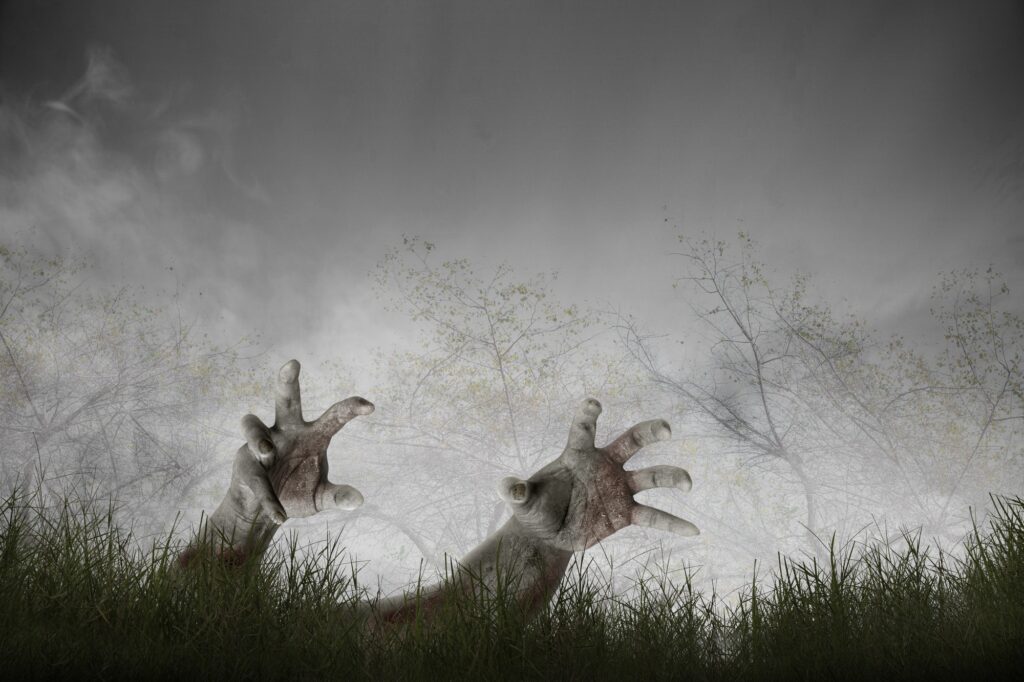Horror fiction books have long captivated readers with their ability to evoke fear, suspense, and intrigue. From classic tales of the supernatural to modern psychological thrillers, horror fiction books offer diverse narratives that explore the darker aspects of human experience. Esteemed Horror Writers like Stephen King and Mary Shelley have significantly shaped the genre with their iconic works. This article delves into the significance of horror fiction in education, highlights some of the best horror fiction books, and discusses how these stories can enhance literary studies and critical thinking.

The Appeal of Horror Fiction Books
Horror fiction books hold a unique place in the literary world, blending imagination with elements that tap into our deepest fears and anxieties. The genre’s enduring popularity can be attributed to several factors:
Emotional Engagement
Horror fiction books excel in creating intense emotional responses. These books provoke fear, suspense, and excitement by immersing readers in terrifying scenarios. This emotional engagement makes for a compelling read and encourages readers to confront and understand their fears in a controlled environment.
Exploration of Human Nature
Horror stories often delve into the complexities of human nature, exploring themes such as good versus evil, survival instincts, and the psychological impact of fear. These narratives mirror societal issues, allowing readers to reflect on moral dilemmas and ethical questions.
Cultural Reflection
The themes and motifs in fiction horror books often reflect their time’s cultural and societal concerns. For instance, Gothic horror from the 19th century mirrors the anxieties of the Industrial Revolution, while contemporary horror may address issues like technology, environmental degradation, and existential threats.
The Best Horror Fiction Books for Students and Educators
Selecting the best horror fiction books can enhance educational curricula by introducing students to diverse literary techniques and thematic explorations. Here are some standout titles that are both engaging and educational:
Classic Horror Masterpieces
- “Dracula” by Bram Stoker
A cornerstone of horror literature, “Dracula” explores themes of immortality, fear of the unknown, and Victorian anxieties about sexuality and disease. Its epistolary format offers a unique narrative structure that can be analyzed in literature classes.
- “Frankenstein” by Mary Shelley
Often regarded as the first science fiction novel, Frankenstein delves into the ethical implications of scientific advancement and the quest for knowledge. Its exploration of creation and responsibility provides rich material for discussion in literature and science courses.
Modern Horror Innovations
- “The Shining” by Stephen King
A modern horror classic, “The Shining” combines supernatural elements with psychological horror, examining the deterioration of the human mind under extreme stress. King’s character development and atmospheric setting make it a valuable study for contemporary literature.
- “Mexican Gothic” by Silvia Moreno-Garcia
This novel blends traditional Gothic horror with Mexican folklore, offering a fresh perspective on the genre. Its exploration of themes like colonialism and gender roles provides ample material for critical analysis.
Diverse Voices in Horror
- “Bird Box” by Josh Malerman
It is a post-apocalyptic horror novel that emphasizes psychological tension and survival instincts. “Bird Box” can be used to discuss narrative pacing and the use of unreliable narrators in horror storytelling.
- “The Haunting of Hill House” by Shirley Jackson
A seminal work in haunted house narratives, Jackson’s novel explores themes of isolation, madness, and the supernatural. Its complex characters and ambiguous ending invite diverse interpretations and discussions.
How Fiction Horror Books Can Enhance Learning
Integrating horror fiction books into educational settings offers several benefits:
Critical Thinking and Analysis
Horror fiction often employs complex narrative structures, symbolism, and thematic depth. Analyzing these elements helps students develop critical thinking skills and enhances their ability to interpret and critique literature.
Emotional Intelligence
Engaging with horror narratives allows students to explore and understand a range of emotions in a safe context. This can improve their emotional intelligence and empathy as they connect with the characters’ fears and motivations.
Creativity and Imagination
Writing and discussing horror fiction encourages creativity and imaginative thinking. Students can experiment with storytelling techniques, character development, and world-building, fostering their creative writing abilities.
Historical and Cultural Context
Many horror stories are products of their time, reflecting societal fears and cultural norms. Studying these works provides insights into historical contexts and cultural dynamics, enriching students’ understanding of literature and history.
Recommended Resources and Further Reading
To support the study and appreciation of horror fiction, educators and students can utilize various resources:
Online Libraries and Archives
Accessing a wide range of horror literature is essential for comprehensive study. Websites like Project Gutenberg offer free access to classic horror texts, while the Internet Archive provides a vast collection of classic and contemporary works.
Literary Criticism and Journals
Engaging with scholarly articles and literary criticism can deepen understanding of horror fiction. Journals such as The Journal of Popular Culture publish research on various aspects of horror literature and its impact on society.
Educational Platforms
Platforms like Khan Academy and Coursera offer courses and lectures on literary analysis, including modules focused on horror fiction and its significance in the literary canon.
Conclusion
Horror fiction books are a powerful educational tool, offering rich narratives that explore the human psyche, societal issues, and cultural heritage. Whether you’re seeking the best horror fiction books for your curriculum, exploring fiction horror books for personal growth, or delving into famous horror fiction books to understand their impact, the genre provides endless opportunities for learning and inspiration. For those interested in careers such as how to become a game reviewer, the critical analysis and storytelling techniques learned from horror fiction can be highly beneficial. Educators can foster critical thinking, creativity, and a deeper appreciation for diverse literary traditions by integrating horror literature into educational programs.